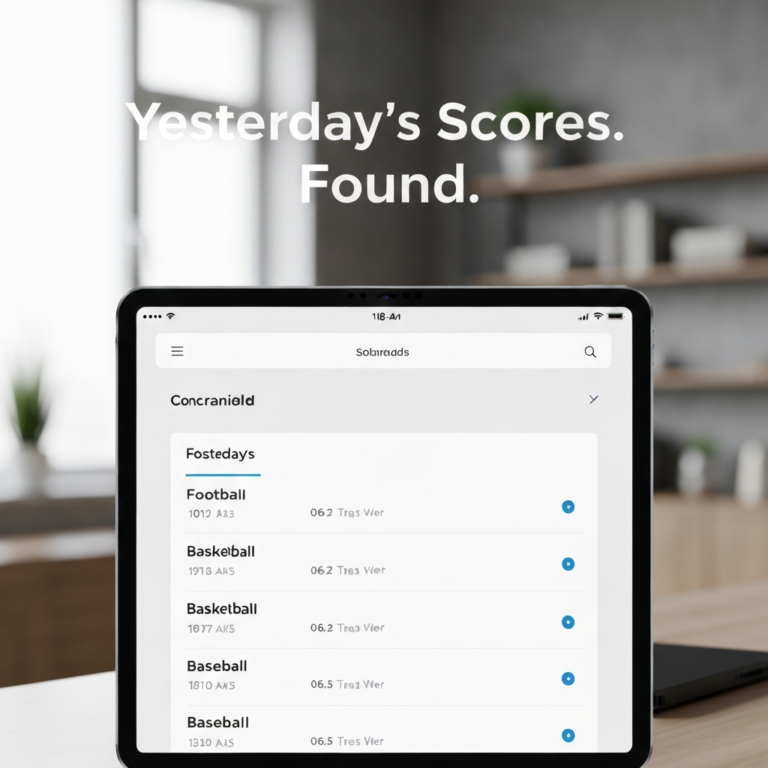
Musk data ban | Image: The Australian
A federal judge in New York has temporarily barred Elon Musk and his team from accessing sensitive US Treasury records, sparking debates about privacy, government transparency, and the influence of private figures in public institutions. The Treasury Data Block, ordered on February 10, raises critical questions: What information was Musk seeking, and why did the court intervene so swiftly?
The Backstory: Musk’s Unconventional Role

In January 2023, former President Donald Trump appointed Musk as a “special government employee” to lead the “Department of Government Efficiency” (nicknamed “Doge” by insiders). The unit’s stated goal was to identify wasteful federal spending. But critics argue the team overstepped by demanding access to payment systems containing personal data—Social Security details, tax records, and federal contractor information—without clear safeguards.
Judge Paul Engelmayer’s ruling cited “unacceptable risks” of exposing confidential data to political appointees. His order requires Musk’s team to destroy any Treasury information obtained since January and restricts access until a February 14 hearing.
Why the Treasury Data Block Matters
The Treasury handles over $4 trillion in annual transactions, including stimulus checks, veterans’ benefits, and IRS filings. Musk’s push to analyze this data alarmed privacy advocates. “Imagine a billionaire with unchecked access to your tax history,” says cybersecurity expert Riya Patel. “Even with good intentions, breaches could devastate millions.”
Key Concerns:
- Security Vulnerabilities: External teams like Doge might lack federal cybersecurity protocols, increasing hacking risks.
- Political Motivations: Critics fear Musk’s ties to Trump could turn data into a tool for partisan cost-cutting.
- Legal Gray Areas: The Privacy Act of 1974 restricts sharing citizens’ data, but loopholes exist for “government efficiency” projects.
Musk’s Response: Defiance and Denials
Musk blasted the ruling on X (formerly Twitter), calling Judge Engelmayer “an activist posing as a judge.” He dismissed claims about holding personal data, replying to Congressman Daniel Goldman: “We don’t have Americans’ info, you corrupt moron.”
[RELATED: Trump’s AI Mega-Deal: Nvidia’s Secret to a 46% Surge?]
Yet, internal emails leaked to The Washington Post reveal Doge staff requested “full visibility into payment anomalies” just days before the block. Legal analysts suggest Musk’s team may have underestimated federal privacy safeguards.
The Bigger Picture: Power vs. Privacy
This case isn’t just about Musk—it’s a stress test for executive authority. The Biden administration has distanced itself from Doge, calling it a “Trump-era experiment.” But the White House hasn’t dissolved the unit, leaving room for future clashes.
What’s Next?
- February 14 Hearing: The court will assess whether Musk’s team can resume work under stricter oversight.
- State Lawsuits: Nineteen Democratic attorneys general are pushing to permanently disband Doge.
- Public Backlash: 62% of Americans oppose private citizens accessing federal data, per a recent Pew poll.
Lessons From Similar Controversies
In 2017, a Pentagon initiative to streamline defense contracts via private contractors led to a massive leak of veterans’ addresses. The project was scrapped, but not before identity theft cases spiked by 30%. The Treasury Data Block aims to prevent a repeat—proving innovation often collides with accountability.
[RELATED: Why Tech Titans are Racing to Arm the Pentagon with AI]
As Ron Wyden, Senate Finance Chair, warns: “Efficiency can’t trump ethics. Once data is exposed, there’s no undo button.”
Final Takeaway
The Treasury Data Block underscores a modern dilemma: balancing fiscal responsibility with citizen privacy. While Musk’s mission to “trim government fat” resonates with fiscal conservatives, the court’s intervention highlights how easily good intentions can veer into risky territory.
With the February 14 hearing looming, one thing is clear: In the tug-of-war between Silicon Valley disruption and democratic safeguards, transparency will decide who pulls harder.
[READ ALSO: Can You Still Download TikTok in the U.S. After the Ban?]





